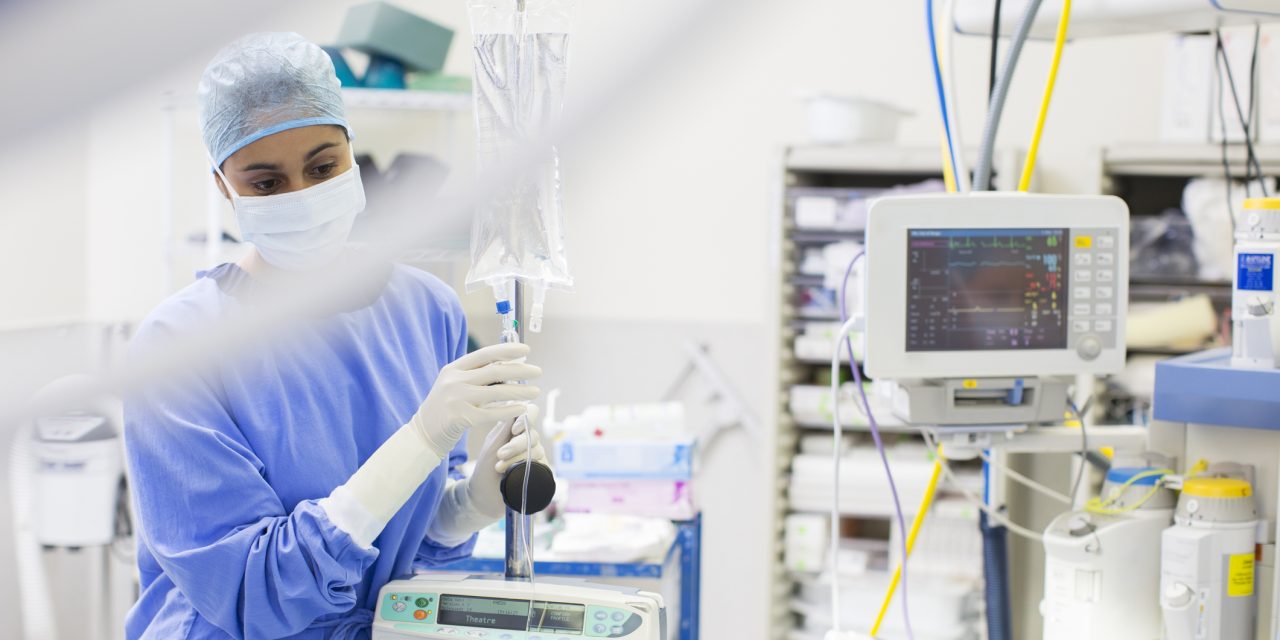Oncologic patients are regarded as the population most at risk of developing a severe course of COVID-19 due to the fact that malignant diseases and chemotherapy often weaken the immune system. In the face of the ongoing SARS-CoV-2 pandemic, how particular patients deal with this infection remains an important question. In the period between the 15 and 26 April 2020, a total of 1227 patients were tested in one of seven oncologic outpatient clinics for SARS-CoV-2, regardless of symptoms, employing RT-qPCR. Of 1227 patients, 78 (6.4%) were tested positive of SARS-CoV-2. Only one of the patients who tested positive developed a severe form of COVID-19 with pneumonia (CURB-65 score of 2), and two patients showed mild symptoms. Fourteen of 75 asymptomatic but positively tested patients received chemotherapy or chemo-immunotherapy according to their regular therapy algorithm (±4 weeks of SARS-CoV-2 test), and 48 of 78 (61.5%) positive-tested patients received glucocorticoids as co-medication. None of the asymptomatic infected patients showed unexpected complications due to the SARS-CoV-2 infection during the cancer treatment. These data clearly contrast the view that patients with an oncologic disease are particularly vulnerable to SARS-CoV-2 and suggest that compromising therapies could be continued or started despite the ongoing pandemic. Moreover the relatively low appearance of symptoms due to COVID-19 among patients on chemotherapy and other immunosuppressive co-medication like glucocorticoids indicate that suppressing the response capacity of the immune system reduces disease severity.© 2020 The Authors. Cancer Medicine published by John Wiley & Sons Ltd.
SARS-CoV-2 infections in cancer outpatients-Most infected patients are asymptomatic carriers without impact on chemotherapy.


